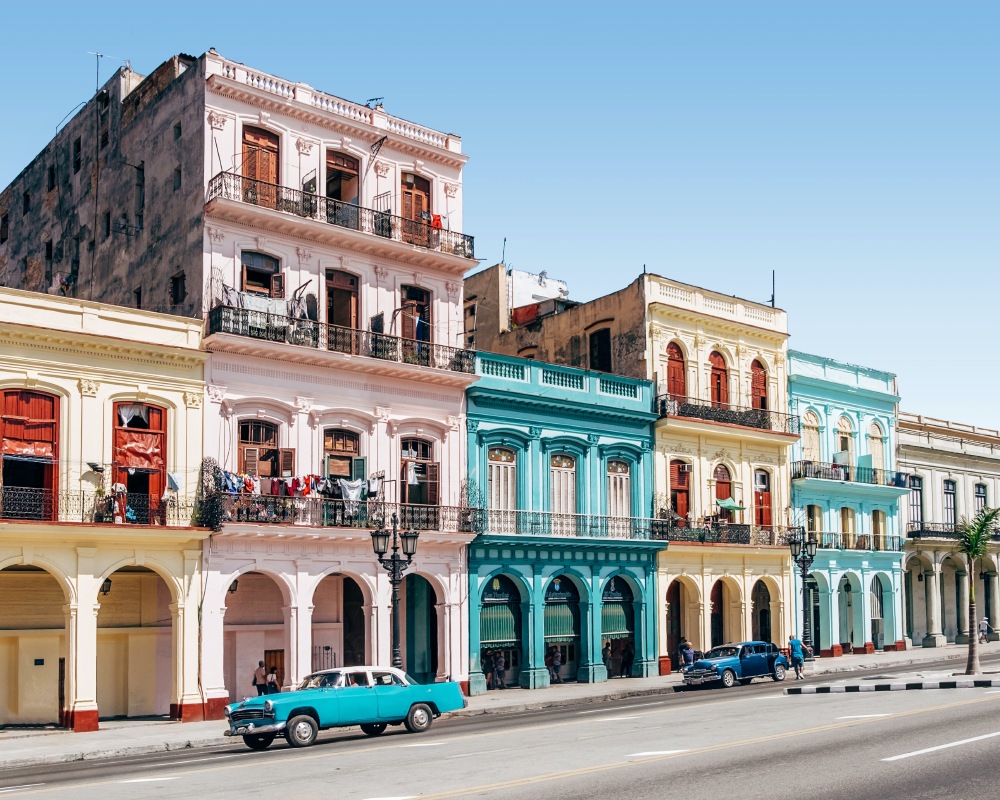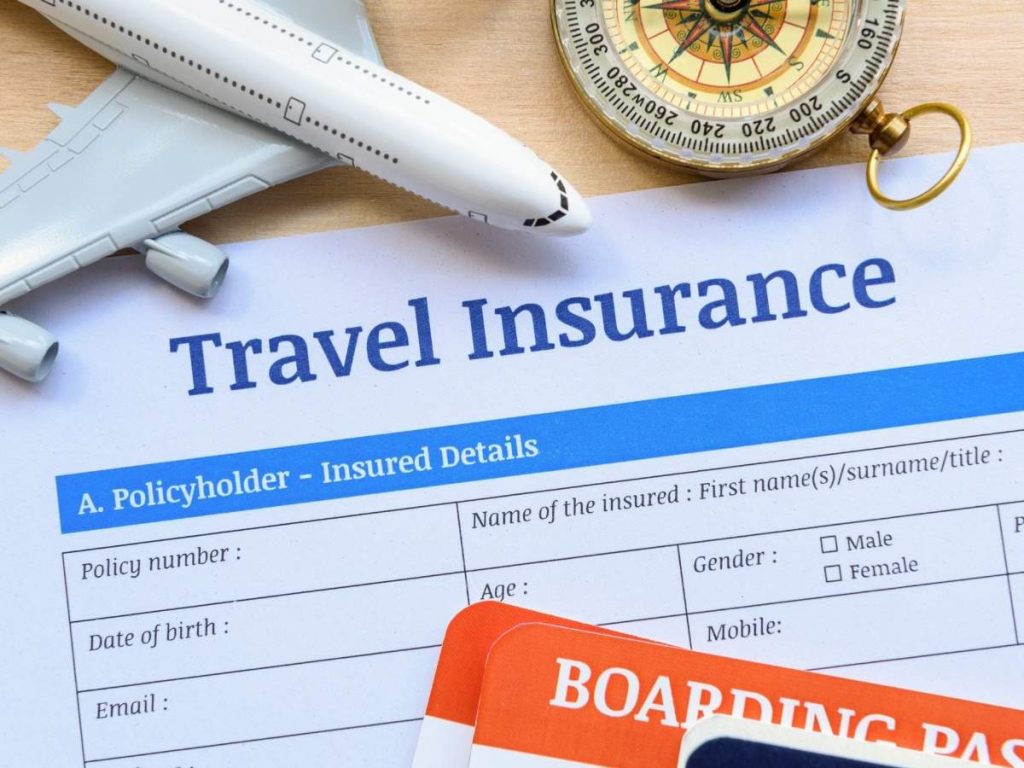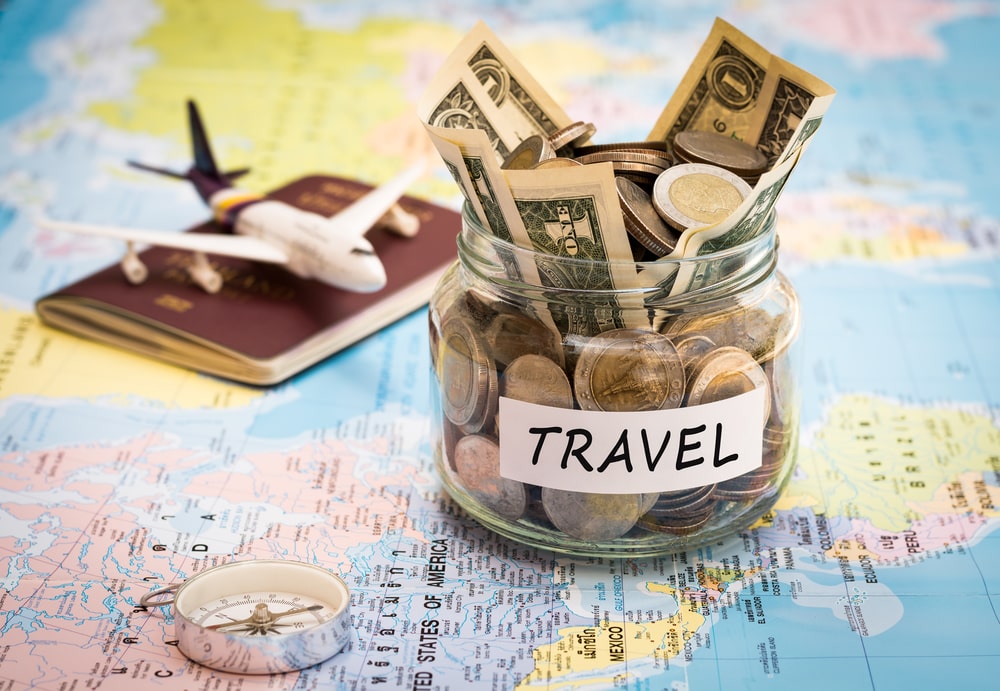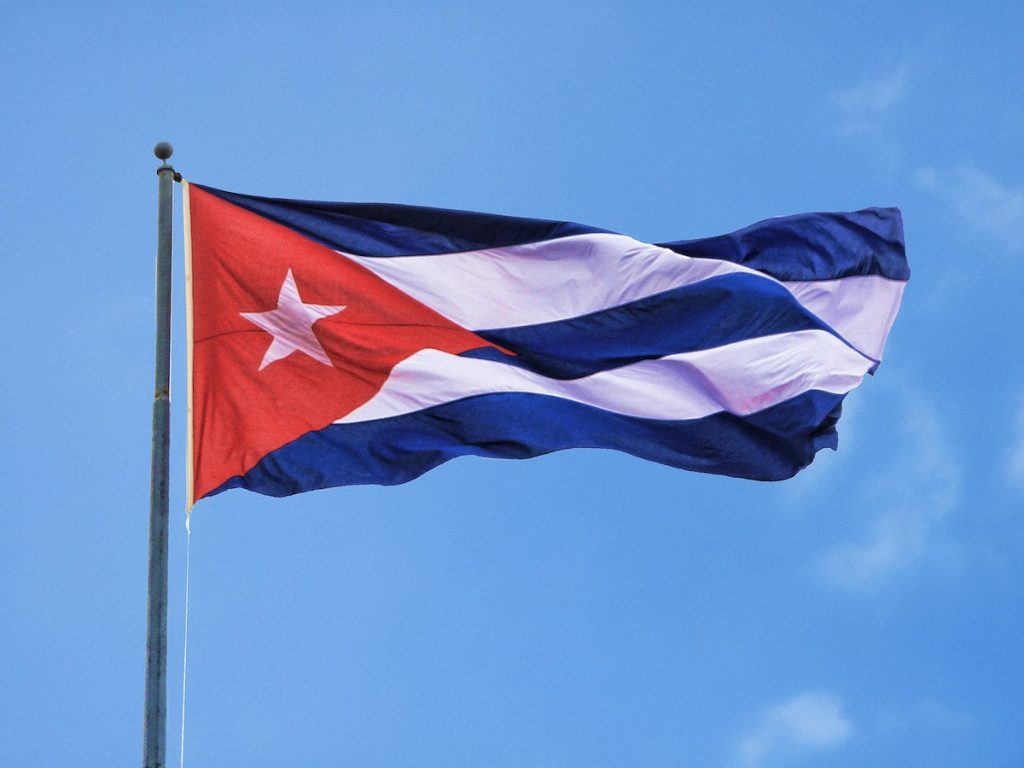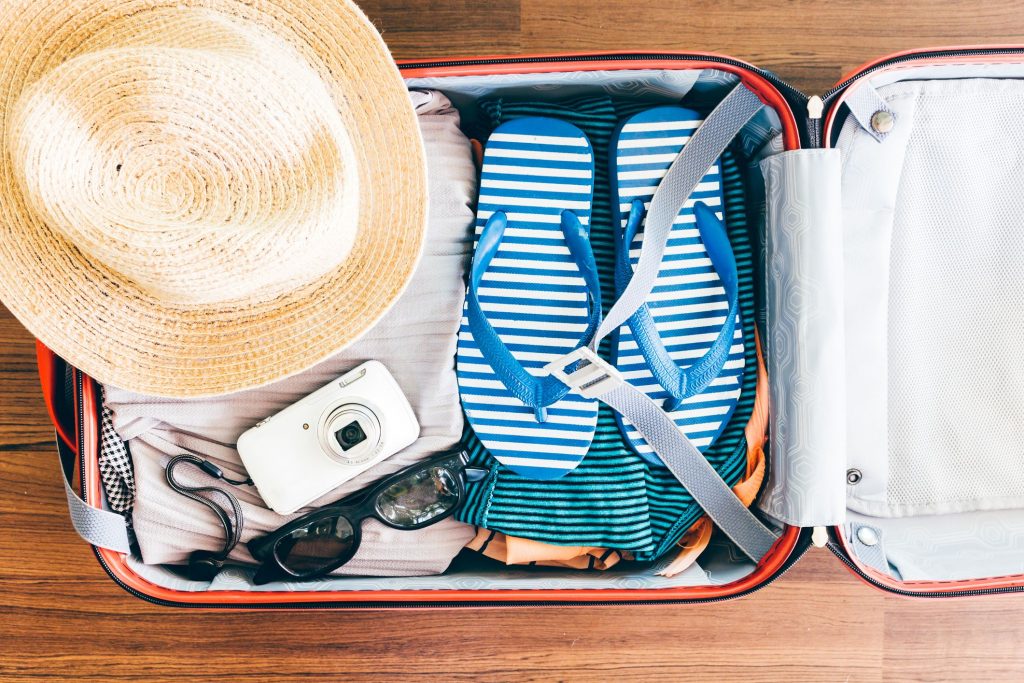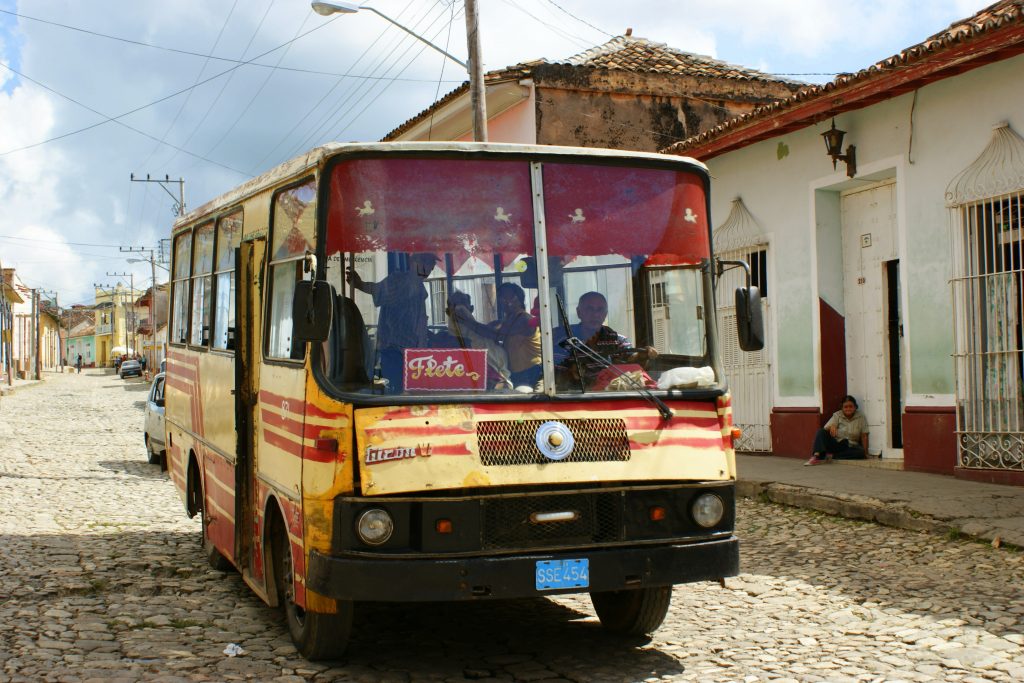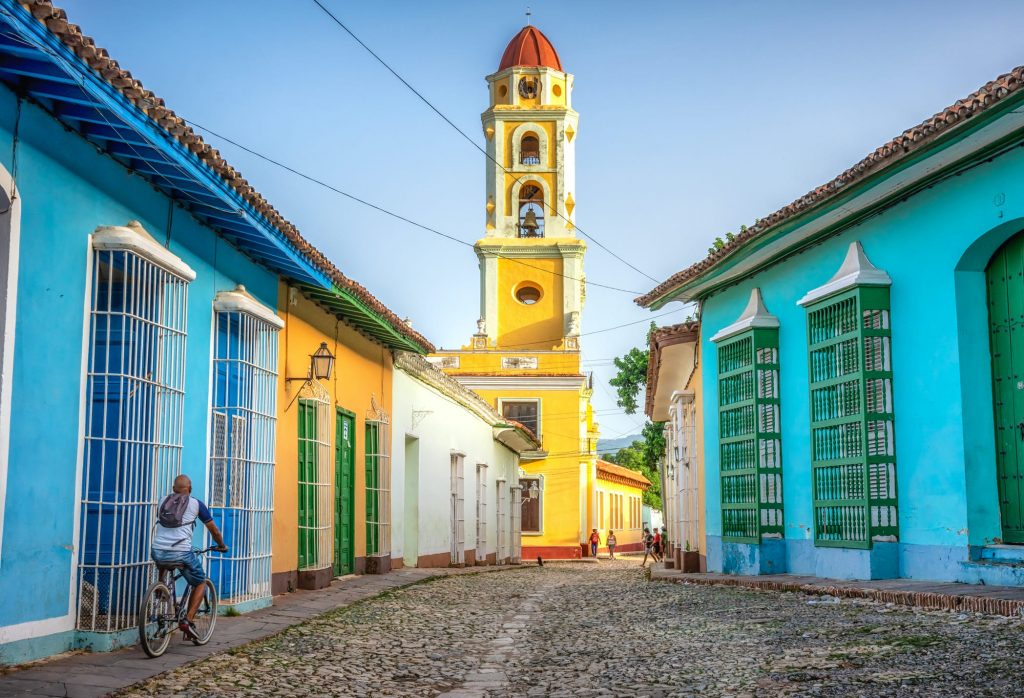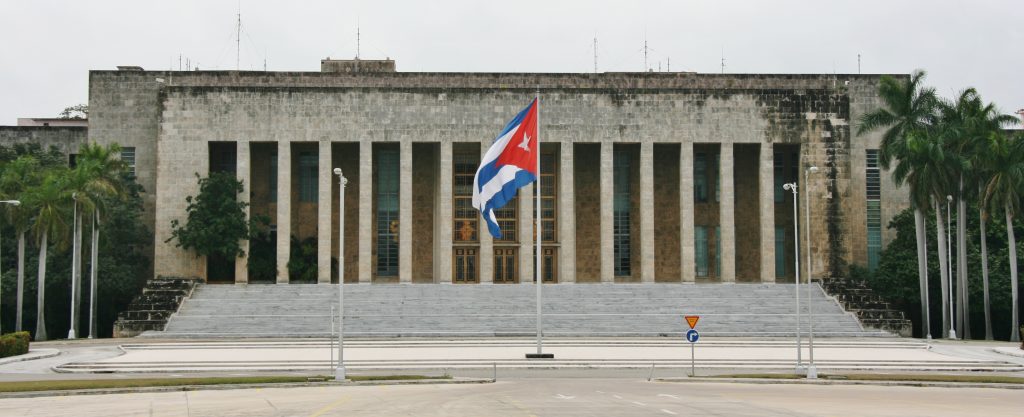Are you planning an exciting adventure in Cuba? From the bustling streets of Havana to the beautiful beaches of Varadero, Cuba is an incredible destination for travelers. Before you pack your bags, make sure you’re up-to-date on the most important things you need to know before your trip. In this blog post, we’ll be taking a look at the top 15 must-know tips for planning your Cuban adventure.
Get ready to learn about everything from cultural customs to visa requirements and more.
Let’s get started!
✅ Make sure you’ll see the entire collection in Framey App, including addresses, opening hours, and contact information!
1) Check if your passport is valid for at least 6 months – Planning Your Cuban Adventure
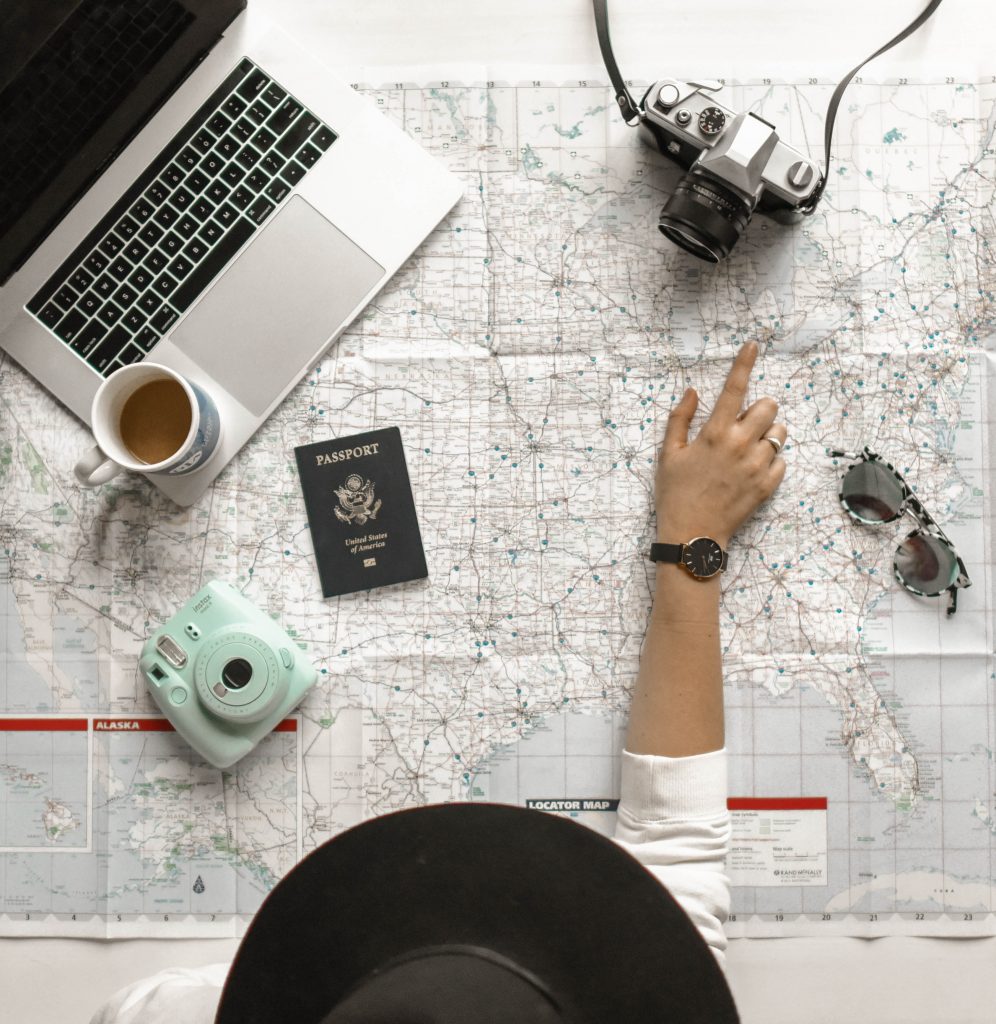
Check if your passport is valid for at least 6 months
Before you plan any travel to Cuba, it is essential to make sure your passport is valid for at least six months. Many countries require that a passport be valid for a minimum period to gain entry into their country. In the case of Cuba, a passport must be valid for a minimum of six months from the date of arrival in the country.
It is important to check the expiration date of your passport before making any travel plans. If your passport has less than six months of validity remaining, you will need to renew it before you can enter Cuba. In addition, ensure that all other documents required for entry into Cuba are up-to-date and valid. Without a valid passport and other relevant documents, you will not be allowed to enter the country.
Make sure you plan and check your passport validity if you are considering a trip to Cuba. Doing so will help to avoid any potential issues that may arise due to an expired passport or other required documents.
2) Get travel insurance
Traveling to a new destination can be exciting, but it also comes with certain risks. Before you embark on your journey, it’s important to make sure that you have a comprehensive travel insurance policy in place. Travel insurance can provide you with protection against a variety of risks, such as medical expenses, trip cancellation or interruption, and even lost or stolen luggage.
When selecting a travel insurance policy, make sure that you understand exactly what the policy covers. Commonly covered expenses include medical bills, trip cancellations, repatriation, evacuation, and loss of personal items. Some policies may also cover additional costs, such as legal fees or lost wages due to an accident. Depending on the level of coverage you choose, you may also be eligible for financial assistance if your trip is delayed or disrupted due to an unexpected event.
When considering a travel insurance policy, read the fine print carefully and make sure you understand what is and is not included. Research different policies and compare the benefits to find the best one for your needs. Also, consider whether the policy offers any additional perks such as concierge services or roadside assistance.
Finally, make sure that your policy is valid in Cuba. While most comprehensive policies will offer coverage in Cuba, some may exclude it due to the country’s political climate. If you are unsure, contact your insurance provider directly and ask about the specifics of their policy.
By taking the time to purchase a comprehensive travel insurance policy before your trip to Cuba, you can rest assured knowing that you are protected in case of any unforeseen events or emergencies.
3) Determine your travel budget – Planning Your Cuban Adventure
One of the most important things you need to consider when planning a trip to Cuba is your travel budget. Before you make any bookings, it’s important to determine what you can afford to spend. Cuba is a relatively inexpensive destination compared to other Caribbean countries, but you still need to ensure you’re financially prepared.
The cost of accommodation in Cuba varies widely, depending on where you stay. You can find low-cost options such as homestays and Airbnb, or more luxurious resorts if you’re willing to splurge. It’s also important to factor in the cost of food and drink, transportation, and any additional activities you may want to do.
Once you’ve determined your budget, it’s a good idea to make a list of your must-haves and nice-to-haves. This will help you prioritize how you want to spend your money and make sure you get the most out of your trip.
Remember, having a travel budget doesn’t mean skimping on experiences or sacrificing quality. You can still have an amazing time in Cuba without blowing your budget. Just be sure to do your research and plan!
4) Learn some basic Spanish phrases
If you plan to travel to Cuba, it is important to learn some basic Spanish phrases. Even if you are not fluent in Spanish, having some basic knowledge of the language can be very useful. It will help you navigate your way around the country, order food, and communicate with locals. Here are a few phrases you should know before heading to Cuba:
- Hola: Hello
- Adios: Goodbye
- Por favor: Please
- Gracias: Thank you
- Como estás?: How are you?
- No entiendo: I don’t understand
- ¿Cuánto cuesta?: How much does it cost?
- ¿Dónde está el baño?: Where is the bathroom?
Learning a few key phrases in Spanish is an easy way to make your trip to Cuba easier and more enjoyable. Most Cubans speak some English, but they will appreciate it if you make an effort to communicate in their native language.
5) Book your accommodation in advance – Planning Your Cuban Adventure
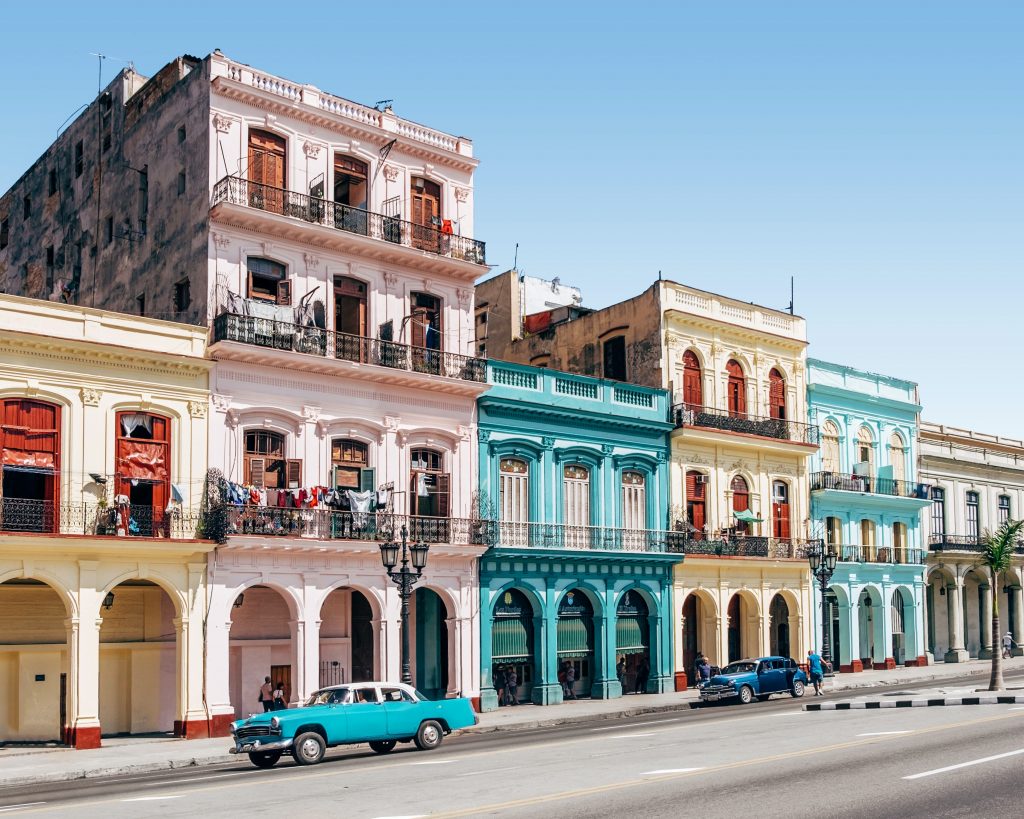
Book your accommodation in advance
When it comes to traveling to Cuba, it’s important to make sure you book your accommodation in advance. Hotels and other forms of accommodation can fill up quickly, so it’s best to plan. Look for hotels and private homes that have been reviewed by travelers. It’s also important to note that not all accommodations in Cuba accept credit cards, so make sure you bring enough cash to cover your stay. Be sure to confirm the price before booking, as well as any additional fees that might be charged. When looking for the best deals, consider staying at smaller, family-run establishments. By booking your accommodation in advance, you’ll be able to save time and money and have a better travel experience overall.
6) Pack light and dress conservatively
When traveling to Cuba, you want to make sure you’re not overpacking and only taking the necessities. Pack as light as possible and opt for versatile pieces that can be worn multiple times. Also, it’s best to dress conservatively. You don’t want to stand out too much from the local population. Women should opt for long skirts and dresses, and men should wear trousers and collared shirts. Avoid clothing with large logos or graphics, which can draw unnecessary attention. Make sure you bring a hat or sun protection to shield yourself from the intense Cuban sun.
7) Bring cash, as credit cards are not widely accepted – Planning Your Cuban Adventure
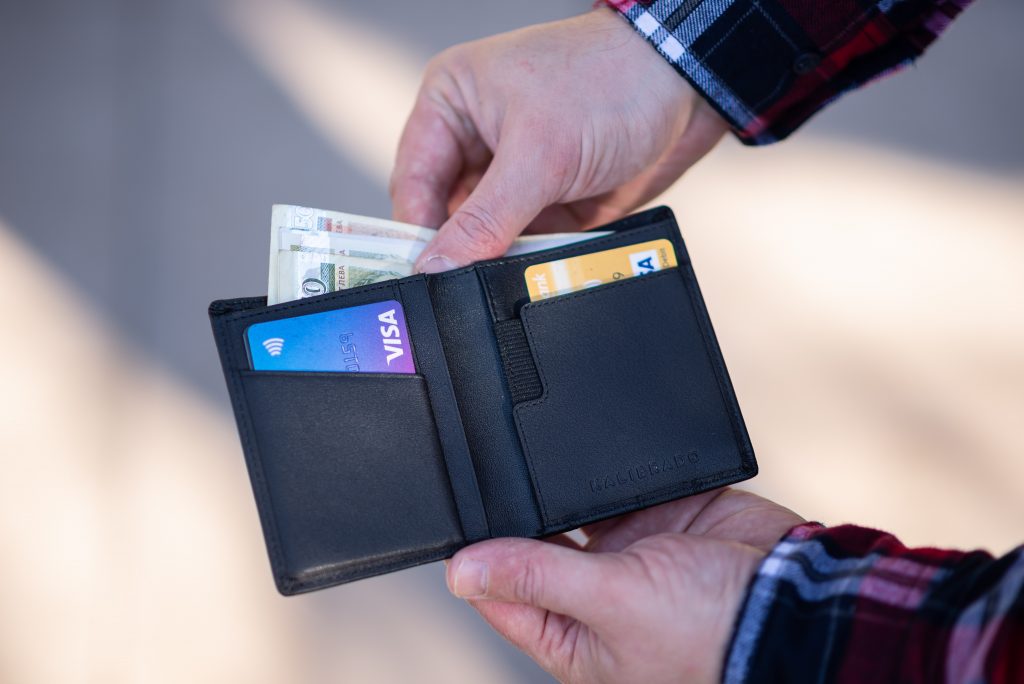
Bring cash, as credit cards are not widely accepted
Cuba is a cash-only country, and credit cards are not widely accepted. This means that it is essential for travelers to plan and bring enough cash for the duration of their trip. Some businesses may accept US dollars but keep in mind that there is a 10% surcharge for paying with them. It’s best to stick with Cuban convertible pesos (CUC) when possible. ATMs are available in major cities, but they often run out of money quickly, so come prepared with a stash of cash. Additionally, most banks charge a hefty fee for withdrawing money in Cuba, so if you do use an ATM, take out a large amount to avoid multiple fees.
8) Be prepared for power outages and water shortages
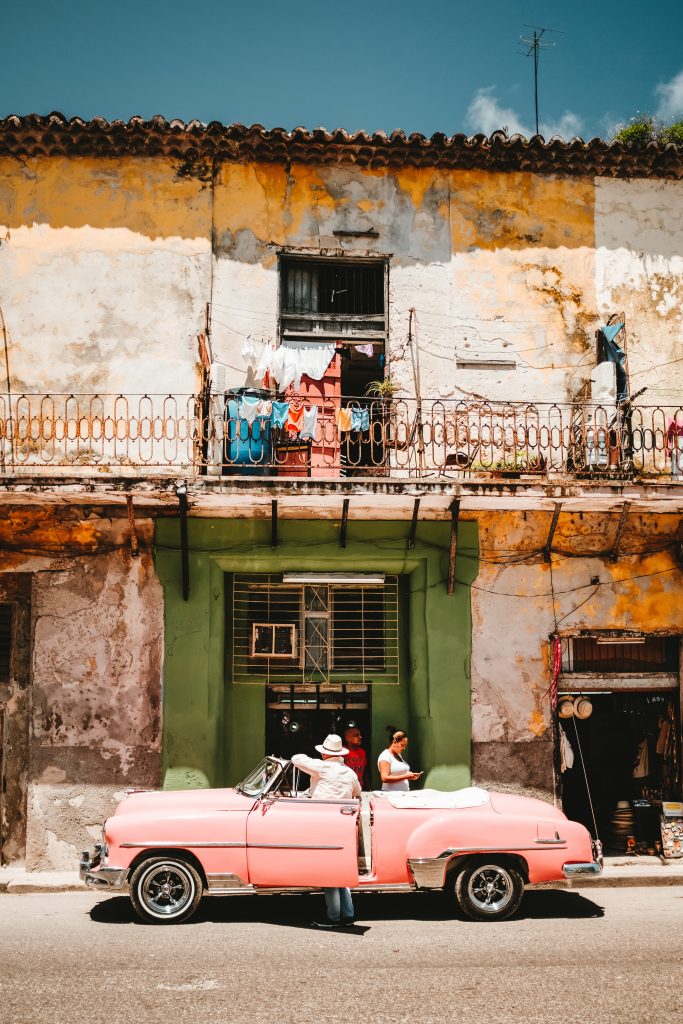
Be prepared for power outages and water shortages
If you are planning to travel to Cuba, be prepared for power outages and water shortages. These can be common occurrences in some parts of the island, and it’s important to know what to expect and how to cope with them.
When it comes to power outages, the most common type is ‘the blackout’, which is a country-wide shutdown of the electricity grid. This can last anywhere from a few minutes to a few hours. To be prepared, make sure to bring along a flashlight and extra batteries.
In addition, water shortages are quite common in Cuba. To be prepared, bring along large containers of water, or purchase bottled water when you arrive. Additionally, if you plan to stay in rental accommodation, it’s important to ask your host how long the water supply will last so that you can plan accordingly.
Finally, although it may seem inconvenient, it’s important to remember that these outages and shortages are a reality for many Cubans living on the island. By being prepared for them and adapting to the situation, you will have a much more pleasant experience during your travels.
9) Don’t drink the tap water – Planning Your Cuban Adventure

Don’t drink the tap water
When you’re traveling to Cuba, it’s important to remember that you should not drink tap water. Contaminated water can lead to serious health problems, so it’s important to avoid drinking it and using it for brushing your teeth. The same goes for ice cubes and other drinks made with tap water. Make sure to always use bottled water for drinking and brushing your teeth. In addition, you should avoid eating uncooked fruits and vegetables, as they may have been washed in contaminated water.
10) Avoid public transportation
When traveling to Cuba, it’s important to avoid public transportation. As reliable public transportation is not widely available, you will find it difficult to get around. It is not safe to take the buses and taxis that are available, as they are often in a poor state of repair and often lack basic safety features. To get around, it’s best to hire a car or use private transportation services such as Uber or Taxi2Airport. These private transportation services provide a safe and comfortable way to travel around Cuba and can be booked online in advance. Additionally, you should always carry your passport with you when traveling, as police may ask to see it at any time.
11) Watch out for scams – Planning Your Cuban Adventure
Scams are unfortunately common in Cuba and travelers should be wary. Be especially cautious when dealing with money or personal items. Some popular scams to watch out for include taxi drivers overcharging, being charged for public services you didn’t use, and pickpockets. It’s also important to remember that anything that seems too good to be true usually is. For example, if someone offers to exchange a large amount of money for a smaller amount, this could be a scam. Finally, avoid exchanging money on the street as counterfeit bills are common. If you do need to exchange money, it’s best to go to an official currency exchange office. By following these simple precautions, you can help ensure a safe and enjoyable trip to Cuba.
12) Take precautions against mosquito-borne diseases

Take precautions against mosquito-borne diseases
Mosquitoes are a serious health hazard in Cuba, and they can transmit diseases such as malaria, dengue fever, and the Zika virus. To protect yourself against mosquito-borne illnesses, it is important to take preventive measures such as using insect repellent, wearing long sleeves and pants, and sleeping under a mosquito net. You should also consider getting a vaccination for yellow fever before traveling to Cuba. It is also a good idea to bring along antimalarial medication if you plan on spending extended periods in rural areas. By taking these precautions, you can protect yourself from the risks posed by mosquito-borne diseases and enjoy a safe and healthy trip to Cuba.
13) Respect the local culture and customs – Planning Your Cuban Adventure
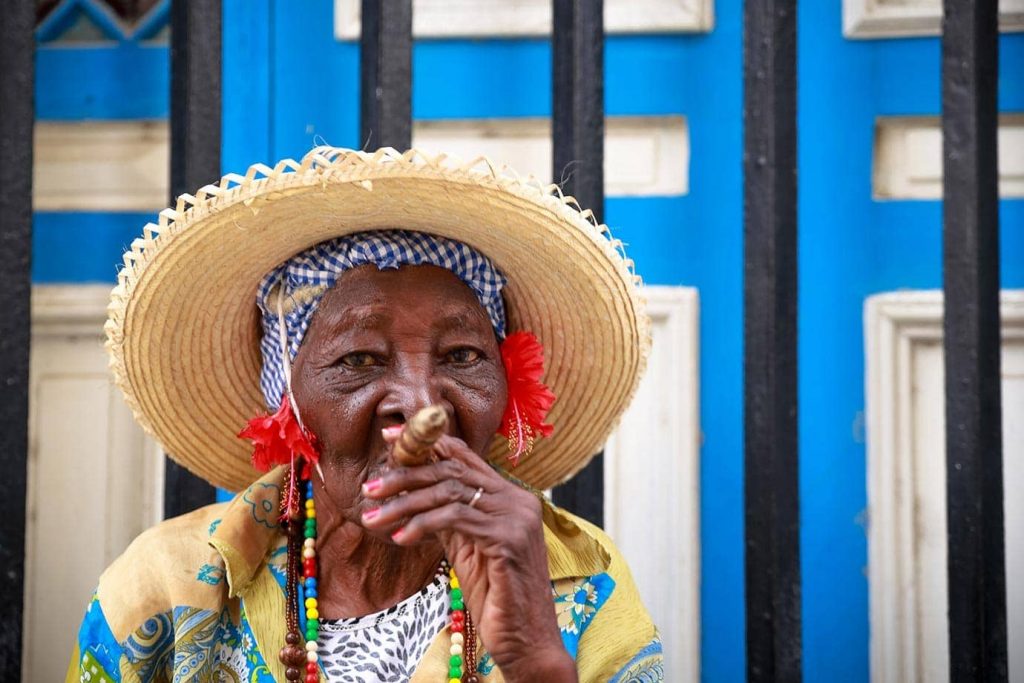
Respect the local culture and customs
When it comes to travel, it’s always important to be respectful of the local culture and customs. This is especially true when visiting a country like Cuba, which has a unique history and culture. To avoid offending anyone, make sure to learn a bit about Cuban culture before you go.
Some things to keep in mind: Cubans are very friendly people who value politeness and kindness. Therefore, make sure to use appropriate language and gestures when interacting with locals. It is also important to show respect for their religion, including avoiding discussing sensitive topics like politics and revolution. In addition, you should dress modestly and avoid public displays of affection.
Finally, it is important to be aware that Cubans are not allowed to own property or businesses, so don’t be surprised if locals take advantage of tourists by charging higher prices for goods and services. Be prepared to haggle and know your limits. With a bit of patience and respect, you’ll be sure to have a wonderful experience exploring this unique island nation.
14) Don’t take photos of military or government buildings
When traveling to Cuba, it is important to be aware of the local regulations and customs. One rule that is strictly enforced is to not take photos of any military or government buildings. Taking photos of these buildings can result in fines, detention, or even deportation. It is best to avoid taking photos of any government buildings or symbols, such as flags and monuments. In addition, it is not advisable to discuss Cuban politics or government while in the country. Taking precautions to avoid taking pictures of government buildings and remaining respectful of the local culture will help you have a safe and pleasant experience in Cuba.
15) Bring your dancing shoes! – Planning Your Cuban Adventure
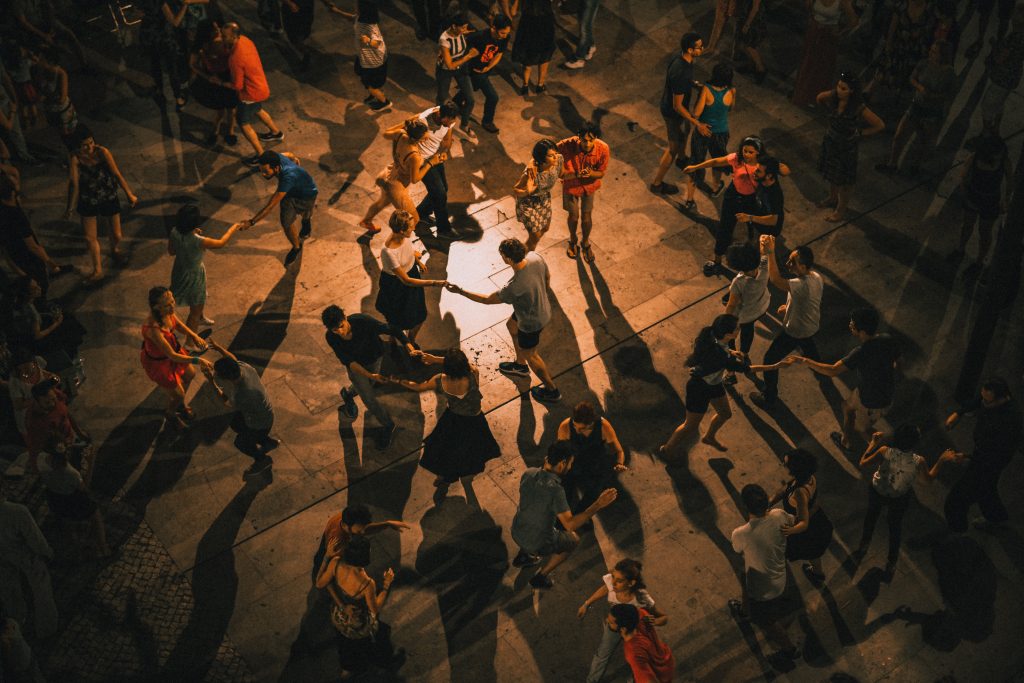
Bring your dancing shoes!
If you’re planning a trip to Cuba, make sure to pack your dancing shoes! This vibrant country is home to some of the most beautiful and exciting dances in the world, and it would be a shame not to experience them while you’re there.
One of the most famous Cuban dances is salsa, and you can see it being performed practically everywhere in Havana. The music is always playing, and the locals are always dancing and singing along. Don’t be afraid to join in – even if you don’t know the steps, the Cuban people are known for their warmth and welcoming attitude towards tourists.
If you’re looking for some specific places to dance the night away, we recommend checking out Disco Ayala el Cuevo in Trinidad. This nightclub is located inside a cave and offers a truly unique dancing experience.
Another great spot to hit up is Bar Restaurant 1838 in Camaguey. This bar is known for its live music, and you can often catch a band playing while you sip on a mojito and show off your moves.
Finally, Casa de la Música de Miramar in Havana is a must-visit for any music and dance lover.
This iconic venue hosts some of the best live salsa bands in the city and is always buzzing with energy.
So remember to bring your dancing shoes, outfits, or just your confidence – whatever you need to get moving. You won’t regret experiencing the vibrant dance culture of Cuba.
Check out Framey!
No matter if you’re planning a Cuban adventure or any other trip around the world, make sure you’re prepared for anything that comes your way. Before you embark on your journey, make sure to check off all the things we’ve discussed in this article to ensure you have the best experience possible.
To help with planning and to get inspired, be sure to download Framey – the amazing travel app that lets you see your friends’ holiday photos, so you can get ideas for your adventures!
Don’t wait any longer and download Framey today!
Read more:


